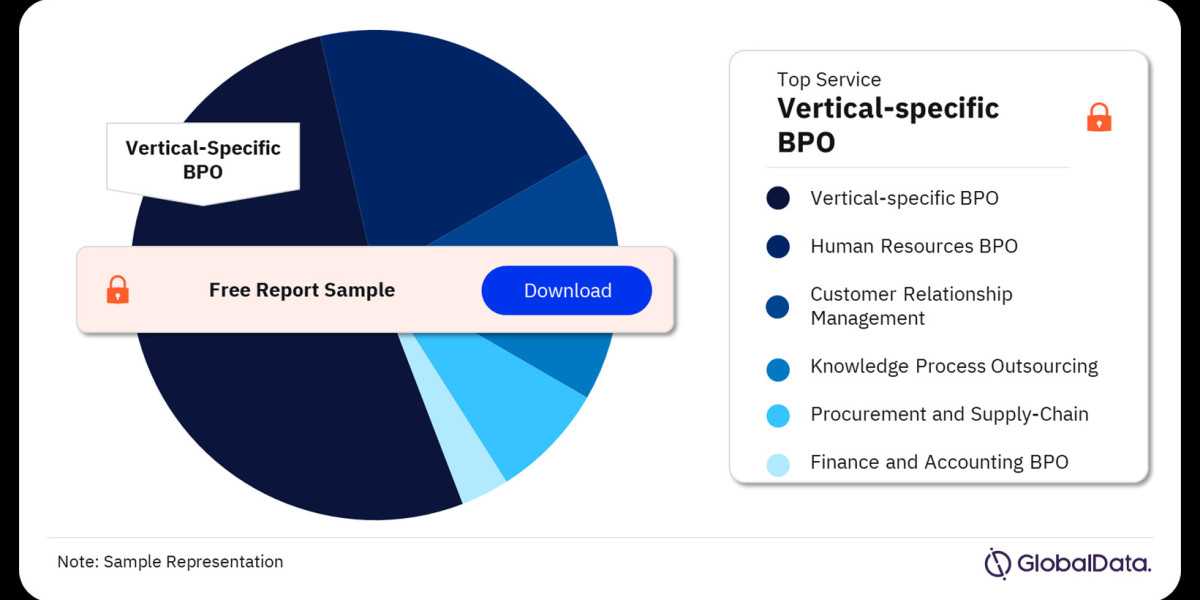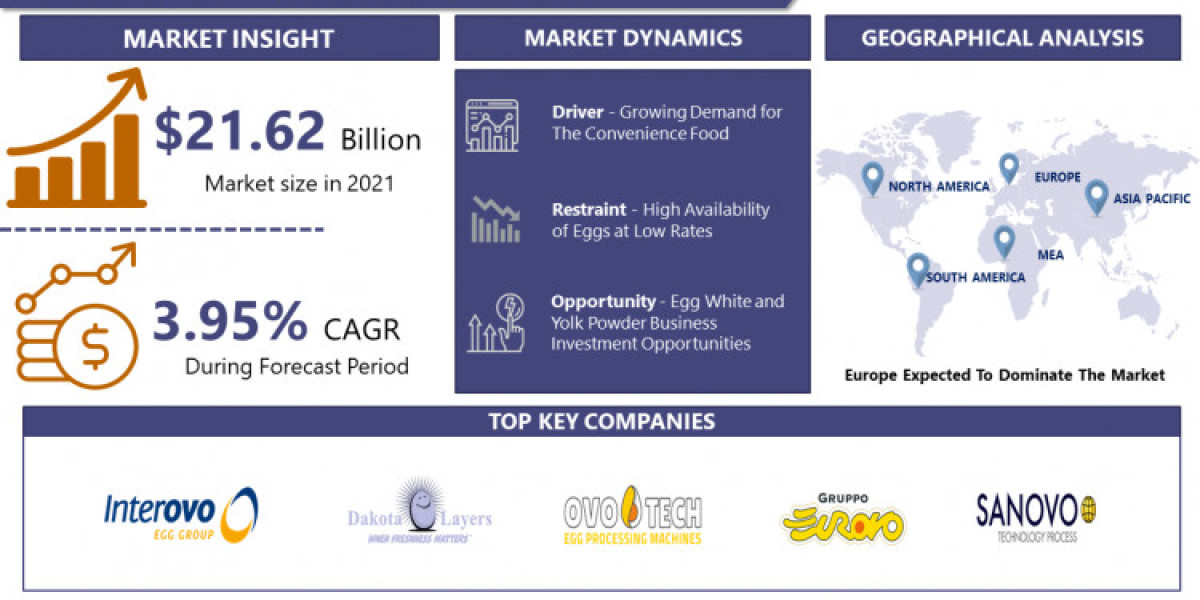This article delves deep into the BPO landscape, exploring its current size, projected growth trajectory, key segments, driving forces, and challenges.
Market Size and Growth Forecast
The global BPO market is a multi-billion dollar industry, with estimates ranging from USD 280.64 billion in 2023 (Grand View Research) to USD 315.2 billion (Market.us) . Analysts predict a robust growth trajectory in the coming years, with a Compound Annual Growth Rate (CAGR) of 8.1% to 9.4% anticipated between 2023 and 2030 (depending on the source). This translates to a potential market size exceeding USD 544.8 billion and USD 603.4 billion by 2032 according to Market.us and Market Research Future respectively.
Market Segmentation
The BPO market is segmented based on various criteria, providing a more granular understanding of its dynamics. Here's a breakdown of the key segments:
Outsourcing Type:
Offshore: Contracting services to providers in a different country, typically with lower labor costs.
Onshore: Outsourcing to providers within the same country.
Nearshore: Outsourcing to providers in a geographically close country with cultural and time zone similarities.
Service Type:
Customer Service (CX): Includes tasks like call center operations, email support, and social media management.
Finance and Accounting (F&A): Encompasses services like bookkeeping, payroll processing, and tax preparation.
Human Resources (HR): Covers tasks like recruitment, onboarding, and payroll administration.
Knowledge Process Outsourcing (KPO): Involves specialized tasks requiring high levels of education and expertise, such as legal research and medical coding.
Application:
Back-Office Operations: Focuses on internal processes like data entry and financial transactions.
Front-Office Operations: Deals with customer-facing activities like sales and marketing support.
Deployment Mode:
On-Premise: BPO provider sets up infrastructure and staff within the client's location.
Cloud-Based: Services are delivered through the cloud, offering flexibility and scalability.
Hybrid: Combines elements of on-premise and cloud-based deployment.
Organization Size:
Large Enterprises: Multinational corporations with complex business processes.
Small and Medium-Sized Enterprises (SMEs): Smaller businesses seeking cost-effective solutions.
End-Use Industry:
IT & Telecommunications: High demand for technical support and network management services.
Banking, Financial Services, and Insurance (BFSI): Need for secure and efficient financial processes.
Healthcare: Outsourcing administrative tasks to improve patient care delivery.
Retail & E-commerce: Leveraging BPO for customer service and logistics management.
Manufacturing: Optimizing supply chain management and back-office operations.
Factors Driving Market Growth
Several factors are fueling the BPO market's expansion:
Cost Reduction: Companies can save significant costs by outsourcing non-core functions to BPO providers with lower operational expenses.
Increased Focus on Core Business: Outsourcing allows businesses to concentrate on their core competencies and drive strategic initiatives.
Technological Advancements: Automation and cloud computing are enabling BPO providers to deliver more efficient and cost-effective services.
Globalization: The rise of global trade fosters the need for multilingual and culturally sensitive BPO services.
Growing Demand for Specialized Services: Companies are increasingly seeking specialized BPO services like KPO due to the complexity of their operations.
Evolving Regulatory Landscape: BPO providers can help businesses navigate the intricacies of global regulations and compliance requirements.
Challenges and Considerations
While the BPO market offers significant advantages, there are challenges to navigate:
Data Security and Privacy: Outsourcing sensitive data raises concerns about security breaches and data privacy violations. Companies need robust data security measures in place when partnering with BPO providers.
Intellectual Property (IP) Protection: Ensuring the protection of intellectual property rights during the outsourcing process is crucial.
Quality Control: Maintaining consistent service quality across geographical locations requires stringent quality management practices.
Buy the Full Report to Know More About the Business Process Outsourcing (BPO) Market, Download a Free Sample



